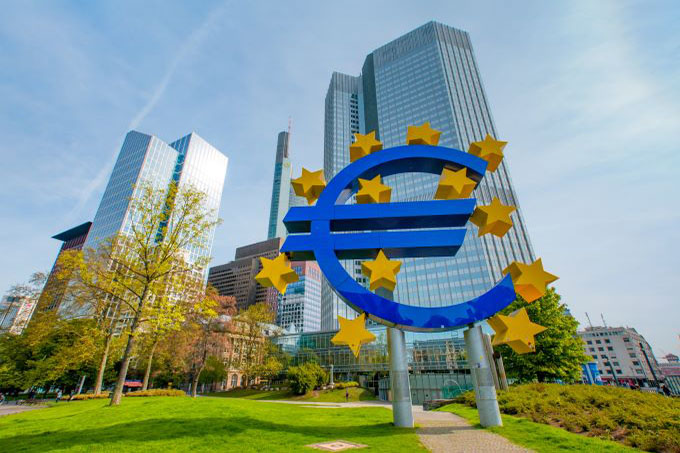The following are the most recent pieces of Forex fundamental analysis from around the world. The Forex fundamental analysis below covers the various currencies on the market and the most recent events, announcements, and global developments that affect the Forex market.
Most Recent
Central banks first started targeting specific levels of inflation in the early 1990s. The goal of this move was to consign high (unstable) levels of inflation to the past.
Monetary policy seems to be the center of attention this week in many countries throughout the world.
Figures just released from Japan show that the economy contracted by 0.2% in Q3.
Top Forex Brokers
Superstition has it that Friday the thirteenth is unlucky, certainly, that was the case for the 129 innocent civilians that lost their lives in Paris, the City of Love, last Friday.
Last week was a negative affair for the world’s major markets with only Japan’s Nikkei making any ground. Get the Forex week in review fundamental analysis for November 16, 2015 here.
Terrorism in recent years has become frighteningly common, impacting not only global morale, but also the economy. While the economic repercussions are certainly not the most important ones, anyone relying on market movements to earn their living may be running scared, not only from potential security risks, but from potential economic fallout.
It has been a tumultuous year for Greece. The nation was on the cusp of completing its second bailout, talk was of a bridging loan of €10 billion, but the administration was confident that the money could be found internally or via re-entry to the money markets.
Despite months of squawking about negative interest rates effecting global economic stability, central banks across the globe seem to be adjusting to the situation.
Figures just revealed by the UK’s Office for National Statistics (ONS) show that unemployment fell to its lowest level since Q2 2008 in the third quarter of this year.
Bonuses & Promotions
Britians, it seems, love to complain about the weather, but almost since the nation joined the European Economic Community (the forerunner to the European Union) in 1973, complaining about “Brussels” has been added to the list.
For months now, global analysts have been waiting for the Federal Reserve Bank to raise the interest rate above the zero position it has held since 2007.
Job creation numbers for August and September were disappointing, contributing to the Federal Reserve’s decision to leave its key interest rates unchanged.
Subscribe
Sign up to get the latest market updates and free signals directly to your inbox.Last week was a positive affair for the world’s major markets. Get the Forex week in review fundamental analysis for November 9, 2015 here.
Unemployment has remained high in Europe and business confidence subdued. Against this backdrop, the projection by the European Commission that growth for the EU in 2015 should come in at 1.9% may seem positively bullish.
The role of the European Central Bank (ECB) is: “To manage the euro, keep prices stable and conduct EU economic & monetary policy”. Self-evidently, its role is limited to the affairs of the 19 nations which currently use the Euro, but decisions taken within the Eurozone clearly have consequences in the wider 28 member European Union.




